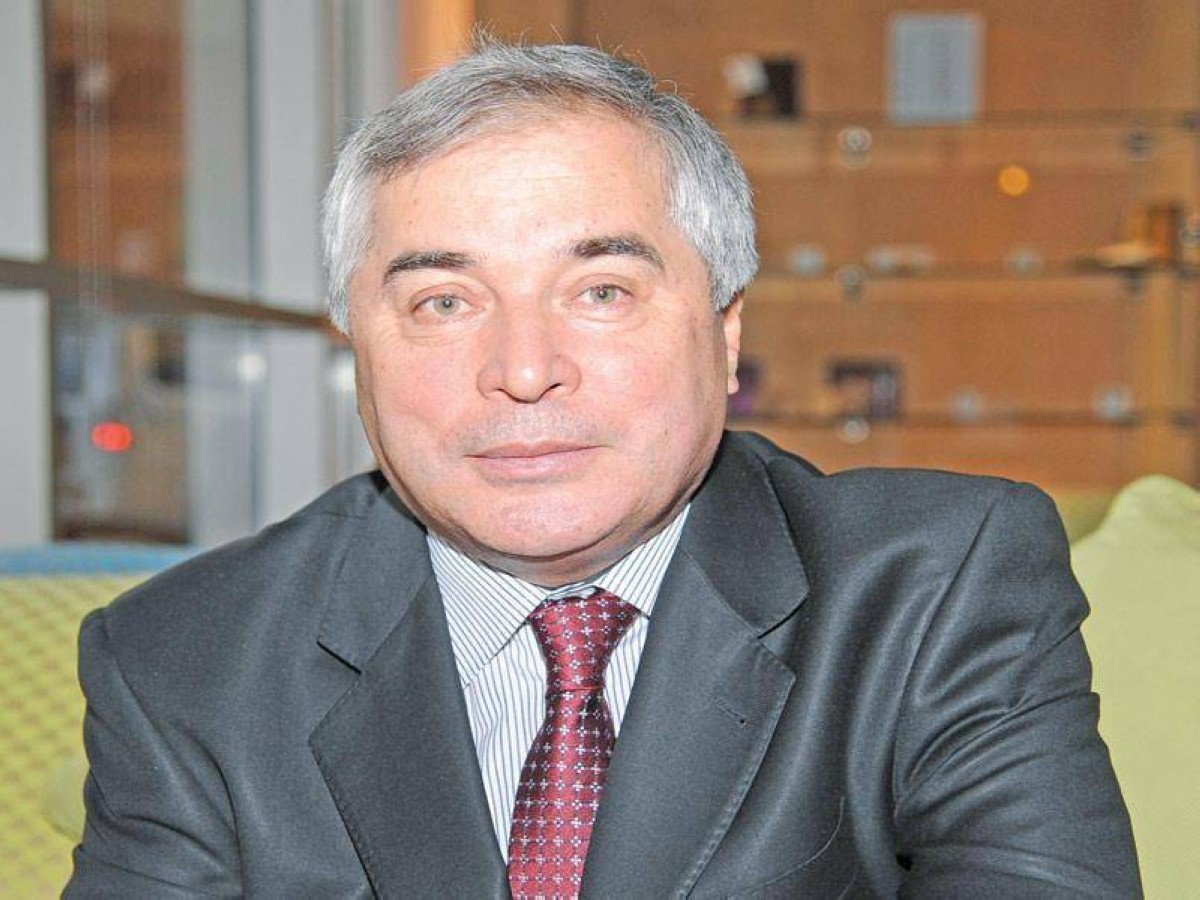Dr Zubaydullo Zubaydzoda, Dean of Diplomatic Corps, Ambassador of Tajikistan
On March 21, as the beautiful land of Tajikistan embraces the arrival of Navruz — the traditional New Year of our ancient people — I extend my heartfelt congratulations to the proud citizens of Tajikistan, our compatriots in Kuwait, and all those who celebrate Navruz across the world. Navruz, along with our other cherished national holidays — Sada, Tirgon, and Mehrgon — has played a significant role in shaping our cultural identity for thousands of years, serving as a testament to the resilience and permanence of the Tajik people.
This festival marks the arrival of spring, the renewal of nature, the commencement of agricultural activities, and the vernal equinox. The word Navruz itself translates to “new day,” symbolizing the dawn of a new solar year and a fresh beginning filled with hope and prosperity. A key aspect of Navruz’s enduring appeal is that it transcends religious and ideological boundaries. Rooted in ancient traditions, Navruz is a purely cultural and agricultural celebration that unites people of all backgrounds, promoting equality, inclusivity, and harmony with nature. This universal essence has allowed Navruz to flourish across a vast geographical region, fostering a spirit of togetherness among diverse communities.
One of the most profound lessons of Navruz is its emphasis on reconciliation, forgiveness, and social harmony. It is a time to let go of past grievances, embrace mutual understanding, and strengthen the bonds of friendship and unity. Through its traditions, Navruz embodies humanism, moral values, and the spirit of renewal, encouraging individuals to cultivate kindness, peace, and generosity.
Thanks to the restoration of our state independence, Navruz has been revived in Tajikistan with all its historical and cultural richness. Today, it serves as a powerful symbol of national self-awareness, unity, and progress. It is truly heartwarming to see this ancient tradition embraced worldwide with great enthusiasm and reverence. In recognition of its cultural significance, on March 21, 2010, the United Nations officially declared Navruz an International Holiday, marking a significant milestone in its global appreciation. Further cementing its importance, in 2016, Navruz was inscribed on UNESCO’s Representative List of the Intangible Cultural Heritage of Humanity, with support from twelve nations.
Numerous historical, literary, and artistic sources detail the origins and evolution of Navruz. Celebrated poets and scholars, such as Hakim Firdavsi in Shahnameh, Umar Khayyam in Navruznama, and renowned figures like Abu Rayhan Al-Biruni and Abulsaid Gardizi, have documented its significance, attributing its foundation to the legendary King Jamshed. During the Samanid era, Navruz was grandly celebrated, as reflected in the literary works of Rudaki, Firdavsi, and Daqiqi, who eloquently captured its essence in their poetry.
The joyful anticipation of Navruz begins weeks in advance, particularly among children, who enthusiastically collect spring flowers like snowdrops and yellow blooms from the mountains, spreading cheer as they visit households and receive sweets, cakes, and nuts in return. Preparations extend to homes and communities, where women and girls meticulously clean and decorate, symbolizing renewal and purity.
Traditional Navruz celebrations include a variety of special dishes, with Sumanak, a wheatgrass-based delicacy, holding a place of honor as a symbol of renewal and vitality. The Navruz table is adorned with seven symbolic fruits, such as apples, pomegranates, and grapes, each representing blessings and prosperity. The festivities also feature an array of spring-themed dishes made from fresh herbs and grains, reinforcing the connection between Navruz and nature’s abundance.
Beyond culinary traditions, Navruz is a time for cultural festivities, including sports competitions such as wrestling, horseback riding, and running. An ancient and cherished custom is the resolution of conflicts, reinforcing values of kindness, unity, and goodwill. Songs and poetry dedicated to Navruz echo sentiments of joy, optimism, and appreciation for nature and human values. As the saying goes, “A good spring heralds a good year.”
May the revitalizing energy of spring bring renewed hope, prosperity, and happiness to every home. Let us celebrate Navruz with the spirit of unity, gratitude, and optimism for a brighter future. In conclusion, I once again extend my warmest congratulations to the people of Tajikistan, both young and old, as well as our fellow Tajiks in Kuwait and across the globe, on the occasion of International Navruz Day. May this festival bring joy, peace, and success to every family, and may Tajikistan continue to prosper in harmony and unity. Happy Navruz!


















